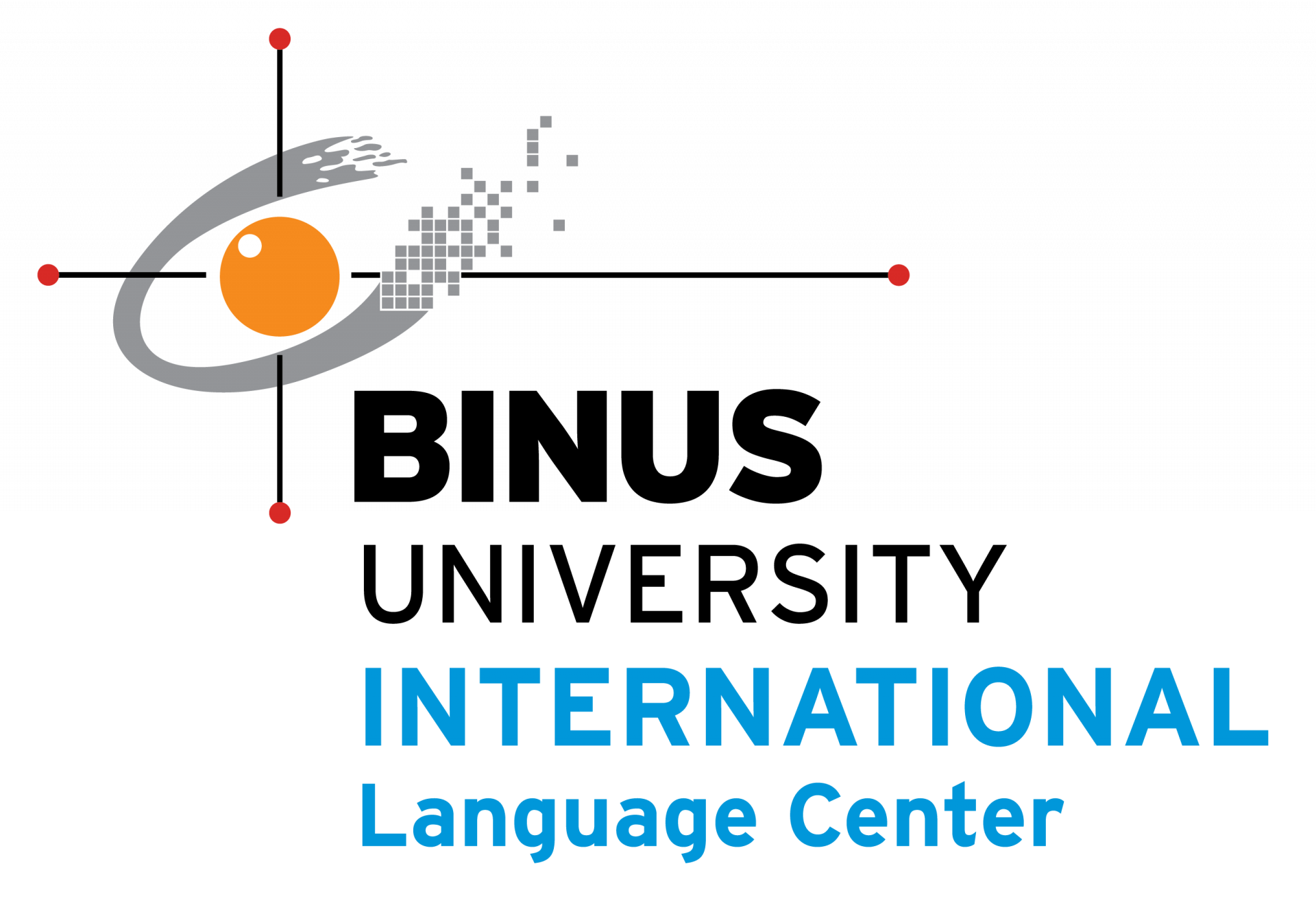Credible Sources
Don’t Just Search, Research.
Researching and writing essays is a tough task, and one that takes a lot of practice before becoming a skill. All of your lecturers went through the same process of learning when they were at university too. This is why most lecturers aren’t surprised when students have difficulties coming up with ideas for their papers. A student might have a brilliant idea and then turn to the internet, only to find that someone has got there first. Due to the proliferation of the internet, it is now more difficult to have truly original ideas. We are constantly bombarded with memes, political messaging, and notifications from friends and family that affect our way of thinking.
This means that choosing a fresh idea to research can be fraught with difficulty. If you think similarly to the people who influence you, it is therefore more difficult to ‘step outside’ your own brain and decide what to write about. Just as you think an idea might never come, inspiration strikes! And you go to the internet and find that a hundred people have written about it before you. ☹
However, this isn’t necessarily a bad thing, as writers need to establish a context for their ideas. Being able to look at the articles written by other authors allows us to understand the ‘consensus’, or the findings of others on a topic. This means we can build on the ideas of others, safe in the knowledge that these experts give us a firm foundation of understanding. What happens if we find that the experts disagree with one another? Who do we trust? This problem is, again, a good problem as it demonstrates that people are still trying to establish truth, and this concept of truth-seeking lies at the center of all good science.
As a writer studying previous research articles, we must establish which sources have the most credibility. Credibility is the ability to be believed or trusted. If we can determine which sources are the most trustworthy, we can also eliminate others that we don’t trust. One of the main checks that we can do is to ensure that the sources are ‘peer-reviewed’. To be peer-reviewed means that the article has passed through an inspection by people with expertise in the subject. This is usually the case with academic journals. These experts will ask the original author critical questions about the research, and often this review helps the author make their writing clearer and more focused.
So, how do we ensure that we are using trusted sources? First, we should recognize that newspapers and websites often have a ‘political agenda’. A political agenda is a way of looking at the world. We often hear of people talking about ‘left wing’ (or left-leaning) and ‘right wing’ (or right-leaning) politics. Broadly speaking, the left wing is more socialist in nature and believes that progress, or change is desirable (this is why they are also called ‘progressives’). The right wing tends to be more conservative in nature and views change with a skeptical perspective, preferring established family or religious values. The two ‘sides’ have differing viewpoints on how society should be run, how deeply the government should be involved in their lives, sexual politics, gun ownership, religious freedom, business, and taxation, to name but a few. Since many of these things depend on opinion, the two sides have built-in biases that affect their ability to agree.
It is up to us as writers to critically examine the ‘way’ that articles are written to understand if they are quietly (or perhaps loudly) trying to influence the way that we think. If this is the case, they are unlikely to be truly objective (neutral). Articles like this should be avoided, or we should seek to find other sources that disagree to provide balance, and to show that we know that there is an argument or debate over the issue.
We hear a lot nowadays about ‘fake news’, or ‘misinformation’. It is important to recognize that fake news depends on a person’s prejudices. A prejudice is a judgment that has already been made about an issue which will shape a person’s understanding. Racist people will happily believe that it is other races that are responsible for crime, or a decline in society, without ever checking to see if this is true, because it fits their internal belief system. We need to see these prejudices in ourselves before we believe everything we read as if it is true.
All of these are reasons why research is time-consuming, and the best research eliminates a lot more sources than it includes. Being critical can help us put forward the best possible version of our research and be a shining example for researchers who use our work as their foundation in the future!
